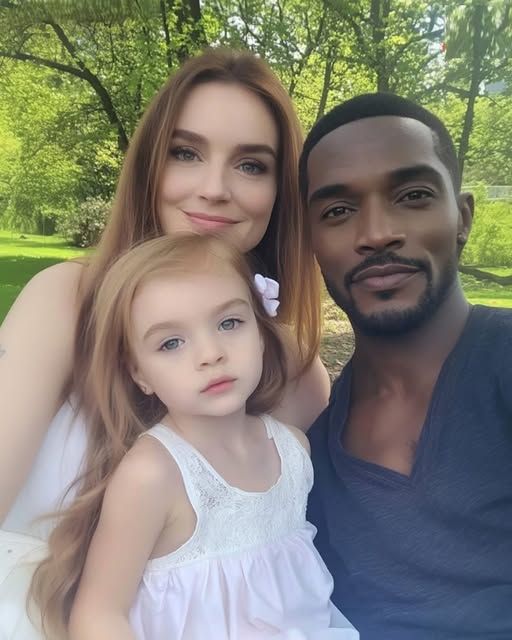Bernardo Briceño’s earliest memories were drenched in silence, cold drafts, and a crushing sense of not belonging. As a small child, he would quietly crawl out of his creaking cot tucked in the shadowy corners of a crumbling orphanage—a place where darkness felt heavier than safety. Instead of the warmth and laughter every child deserves, his days were marked by sharp commands, distant fights, and the aching void left by absent affection. The piercing voice of a woman—“We have to get rid of that brat!”—haunted him, etching wounds into his young soul before he even grasped the meaning of those cruel words.
Life inside those cold walls followed a relentless rhythm of neglect. The orphanage itself seemed to groan under the weight of despair, its long, dim hallways smelling of stale disinfectant and forgotten sorrow. The nuns, though occasionally kind, were more often stern enforcers than beacons of comfort. Meals arrived cold and tasteless, and even the smallest gestures of kindness—a smile, a warm piece of bread—felt like precious, stolen treasures. Yet through it all, Bernardo held on to a fragile hope: that one day, someone would see him not as a mistake, but as a child deserving of love.
What set Bernardo apart wasn’t just his silence or worn clothes—it was a whispered secret that hovered like a ghost: he was rumored to be the heir to a hidden fortune. Tales swirled that his biological parents had belonged to a wealthy commune and left a trust fund in his name. But this rumor only deepened his wounds. He hadn’t been abandoned out of hardship, but in spite of a birthright. His name, “Bernardo,” passed down from a distant relative he’d never met, became both a painful reminder of all he’d lost and a slender thread connecting him to something greater than himself.
For three long years, his world was shaped by routine and loneliness. Other children came and went—some adopted, others grown and gone. But Bernardo remained, marked by quiet resilience and outdated clothes, often the target of cruelty and teasing. He escaped into books, immersing himself in stories where children were wanted, celebrated, and loved. Within those pages, he stitched together a silent promise: he would survive, grow stronger, and one day reclaim the love he had been denied.
As Bernardo matured, the whispers about his inheritance grew louder—sparking envy among some, but for him, it symbolized something far deeper than money. It was about justice. It was about reclaiming a stolen right—the right to belong, to be cherished, to be more than just a forgotten face behind locked doors.
That quiet fire became his driving force. He poured his heart into design and creativity, crafting visions that celebrated community and human connection—the very things he had longed for in his youth. The fortune that once felt like a bitter curse transformed into a seed of healing and hope. Through it, Bernardo vowed to build a world where no child would ever question their worth or wonder if they were loved.
In time, that legacy would not only rewrite Bernardo’s story—it would illuminate the paths of countless others, turning echoes of abandonment into a chorus of reunion and love.
